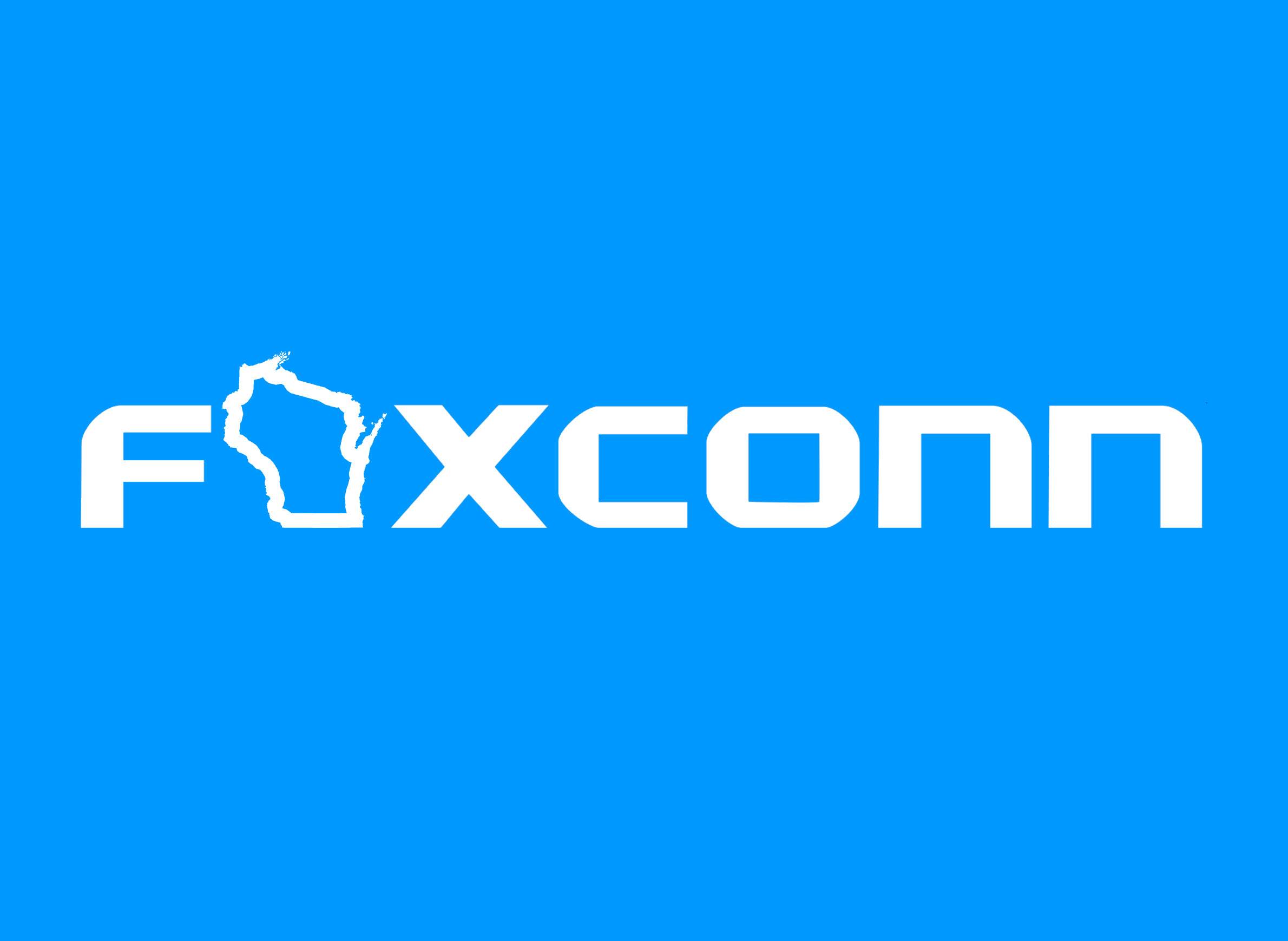
Illustration by Scott Gordon and Kristian Knutsen
Series: Foxconn In Wisconsin
Wisconsin's deal with electronics manufacturing giant Foxconn has stirred up a mix of excitement and doubt. The state offered the Taiwan-based company about $3 billion in economic incentives and a waiver on a variety of environmental and other regulations to build a large LCD fabrication complex. In return, Foxconn touted the possibility of creating thousands of jobs and invigorating Wisconsin as a Midwestern tech hub. This type of manufacturing would place considerable demands on the state's natural resources, especially water, and can create significant pollution. The net effect of this deal will take years to emerge, but boosters and skeptics alike agree that a Foxconn footprint would have profound and complex implications for Wisconsin's future.